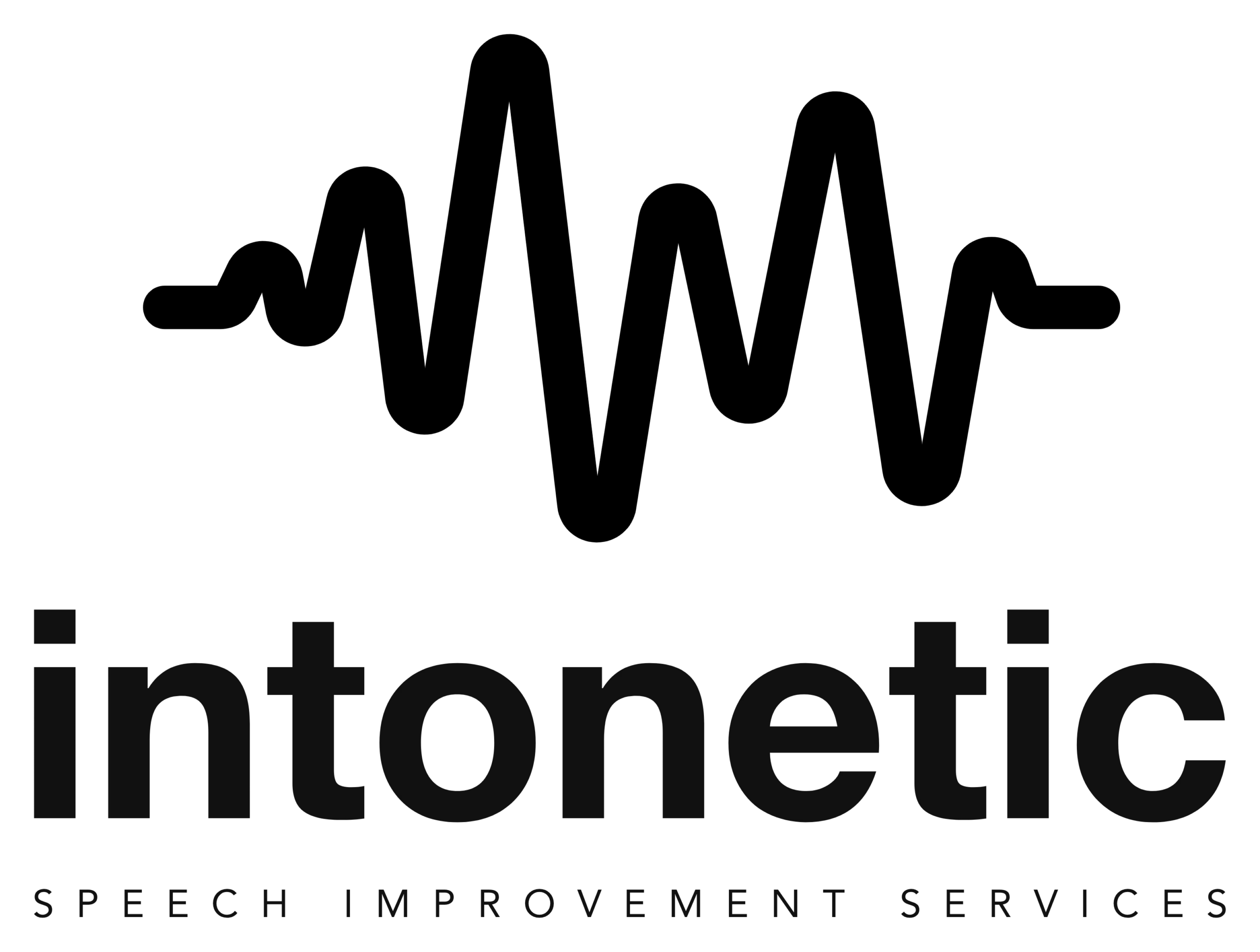How to Choose the Right Accent Coach: 7 Questions to Ask

Finding the right accent coach is a bit like finding the right personal trainer. You need someone who understands your unique challenges, has a proven methodology, and can guide you to achieving clear, confident speech without wasting your time or money.
As someone who’s worked with over 6,700 non-native English speakers, I’ve seen firsthand how the right coaching relationship can transform not just pronunciation, but professional opportunities and personal confidence.
So, I want to share some essential questions you should ask before investing in an accent coach.
1. What is your specific methodology for accent training?
This is perhaps the most important question. Many coaches use generic approaches or rely solely on “listen and repeat” exercises, which might help temporarily but rarely create lasting change.
Look for a coach who can clearly articulate their methodology. They should be able to explain:
- How they identify which specific sounds you need to work on
- Their process for retraining muscle memory
- How they structure practice for maximum retention
- What scientific principles their approach is based on
At Intonetic, for example, we use a targeted muscle memory approach that focuses on the 10-12 sounds (out of 44 in English!) that are actually causing clarity issues for you. This efficiency means you don’t waste time on sounds you already pronounce well.
A vague answer like “we use proven techniques” without specifics is a red flag. A good coach should be proud to share their methodology and explain why it works, drawing on their extensive experience in the field.

2. How do you customize your approach for different native languages?
Every language creates unique pronunciation challenges for non-native speakers in English. A coach who treats Spanish speakers the same as Mandarin speakers isn’t recognizing the fundamental differences in sound systems.
For instance, Spanish speakers typically struggle with vowel distinctions and the “v/b” sound, while Mandarin speakers often face challenges with “r/l” sounds and final consonants.
An experienced coach should be able to discuss:
- Common patterns from your language background
- Specific sound substitutions you’re likely making
- Customized exercises for your particular challenges
If they can’t speak to your language-specific needs, they may not have the depth of knowledge to help you efficiently.

3. What is your experience and background?
Credentials matter, but relevant experience and expertise matter more. Ask potential coaches:
- How many years have they been teaching accent reduction?
- How many students have they worked with?
- Do they have experience with speakers of your native language?
- What industries have their clients worked in? (This is especially important if you’re looking for help with industry-specific terminology)
Be skeptical of coaches who are new to the field or have primarily worked with actors rather than professionals. The skills needed for performing an accent versus clear business communication are quite different.
4. Can you provide before-and-after examples or testimonials?
Any coach worth their salt should have evidence of their effectiveness. This could include:
- Audio samples of previous clients (with permission)
- Written testimonials from people in similar situations to yours
- Success stories that detail specific improvements
Listen carefully to any audio examples. Do you hear meaningful improvement? Does the “after” sample sound natural and confident, not just mechanically different?
Real results speak volumes about a coach’s abilities. At Intonetic, I’m proud to share client success stories that demonstrate not just improved pronunciation but also the skills they have learned and the enhanced confidence and career advancement that come with it.

5. How do you measure progress?
Accent coaching without measurement is just guesswork. A professional coach should have concrete ways to assess your starting point and track improvement over time.
They might use:
- Recorded speech samples analyzed for specific sound accuracy
- Percentage improvements in target sounds
- Feedback from your colleagues or friends
- Self-assessment of confidence and clarity
Be wary of anyone who can’t tell you specifically how they’ll know if you’re improving. Subjective feelings alone (“You’ll sound better!”) aren’t enough to justify your investment; concrete improvements in your voice and clarity are essential.
6. What is your time estimate for meaningful improvement?
Accent modification takes time, but it shouldn’t be open-ended. A good coach should be able to give you a reasonable timeframe based on:
- Your current speech patterns
- Your native language
- Your practice commitment
- Your specific goals
If someone promises overnight results, they’re not being honest. Conversely, if they say it will take years of weekly sessions, they may not have an efficient methodology.
In my experience, most professionals see noticeable improvement within 4-6 sessions and significant transformation within 8-12 sessions when practicing 30 minutes daily. A coach should be able to give you a similar specific estimate for achieving noticeable improvement.
7. How do you structure practice between sessions?
The magic of accent modification happens between sessions, during your independent practice. Ask potential coaches:
- What specific materials will they provide for practice?
- How much daily practice do they recommend?
- How will they ensure you’re practicing correctly?
- What technology or tools do they use to support home practice?
Look for coaches who provide audio recordings of your specific challenge sounds, customized word lists, and possibly even mobile-friendly practice systems.
At Intonetic, we provide personalized audio files that let you practice anywhere – during your commute, at the gym, or between meetings – making the process convenient and focused for busy professionals.
Accent Coaching for Specific Industries
Accent coaching can be beneficial for individuals in a variety of industries, including business, acting, and education. For example, business professionals may benefit from accent coaching to improve their communication skills and gain confidence in their ability to speak in professional settings. Actors may benefit from accent coaching to develop accents for specific roles or characters, and to improve their overall acting skills.
Educators may also benefit from accent coaching, as it can help them to communicate more effectively with their students and colleagues. Additionally, accent coaching can be beneficial for individuals in industries such as law, medicine, and technology, where clear and effective communication is critical.

Overcoming Common Accent Challenges
One of the most common accent challenges faced by non-native English speakers is difficulty with specific sounds or speech patterns. For example, some individuals may struggle with the “th” sound, or with the rhythm and intonation of English speech. Accent coaching can help individuals to overcome these challenges by providing them with personalized feedback and guidance, as well as carefully designed exercises and techniques to help them improve their pronunciation and communication skills.
Additionally, accent coaching can help individuals to develop a more neutral accent, such as the General American accent, which can help to reduce communication barriers and improve overall communication skills. By working with an accent coach, individuals can gain the confidence and skills they need to communicate effectively in personal and professional settings, and to achieve their goals in their chosen career or industry.
Making Your Final Decision
After asking these questions, trust your instincts. Beyond methodology and experience, you need someone you feel comfortable with, especially for non-native speakers who may face unique challenges. Accent coaching requires vulnerability and trust – you’ll be most successful with someone who understands your goals and communicates in a style that resonates with you.
Remember that accent modification isn’t about erasing your identity or “fixing” something that’s wrong. It’s about giving you the tools to communicate with clarity and confidence so your brilliant ideas can shine through without distraction.
The right coach will see your accent not as a problem to solve but as a reflection of your impressive multilingual abilities – and will partner with you to ensure that your speech empowers rather than limits your potential.
If you’re looking for an accent coach who meets all these criteria, I’d love to speak with you. At Intonetic, we provide personalized, efficient accent training that delivers real results for busy professionals.
BOOK YOUR FREE ACCENT ASSESSMENT → https://intonetic.com/contact/
During this 30-minute consultation, we’ll analyze your speech patterns, identify your specific challenge areas, and discuss how our approach can help you communicate with greater clarity and confidence.
New to Accent Reduction?
If you’re still exploring whether accent reduction and learning new accents is right for you, check out our comprehensive guide:
ACCENT REDUCTION 101: EVERYTHING YOU NEED TO KNOW →
This in-depth resource covers the science behind accents, common myths about accent modification, and what you can realistically expect from the process.
Your Turn
What other questions do you think are important when choosing an accent coach, especially for non-native speakers? Share your thoughts in the comments below, or reach out directly if you have questions about the accent reduction process.

